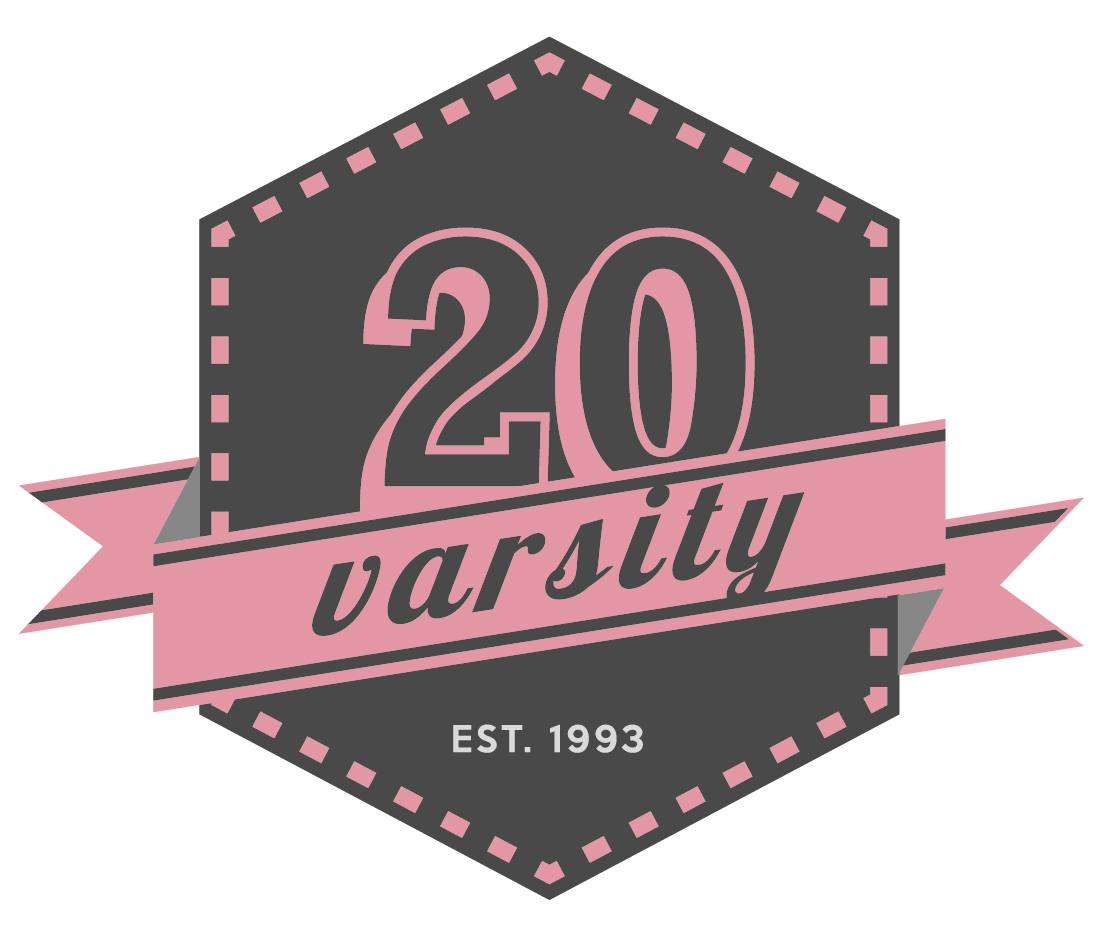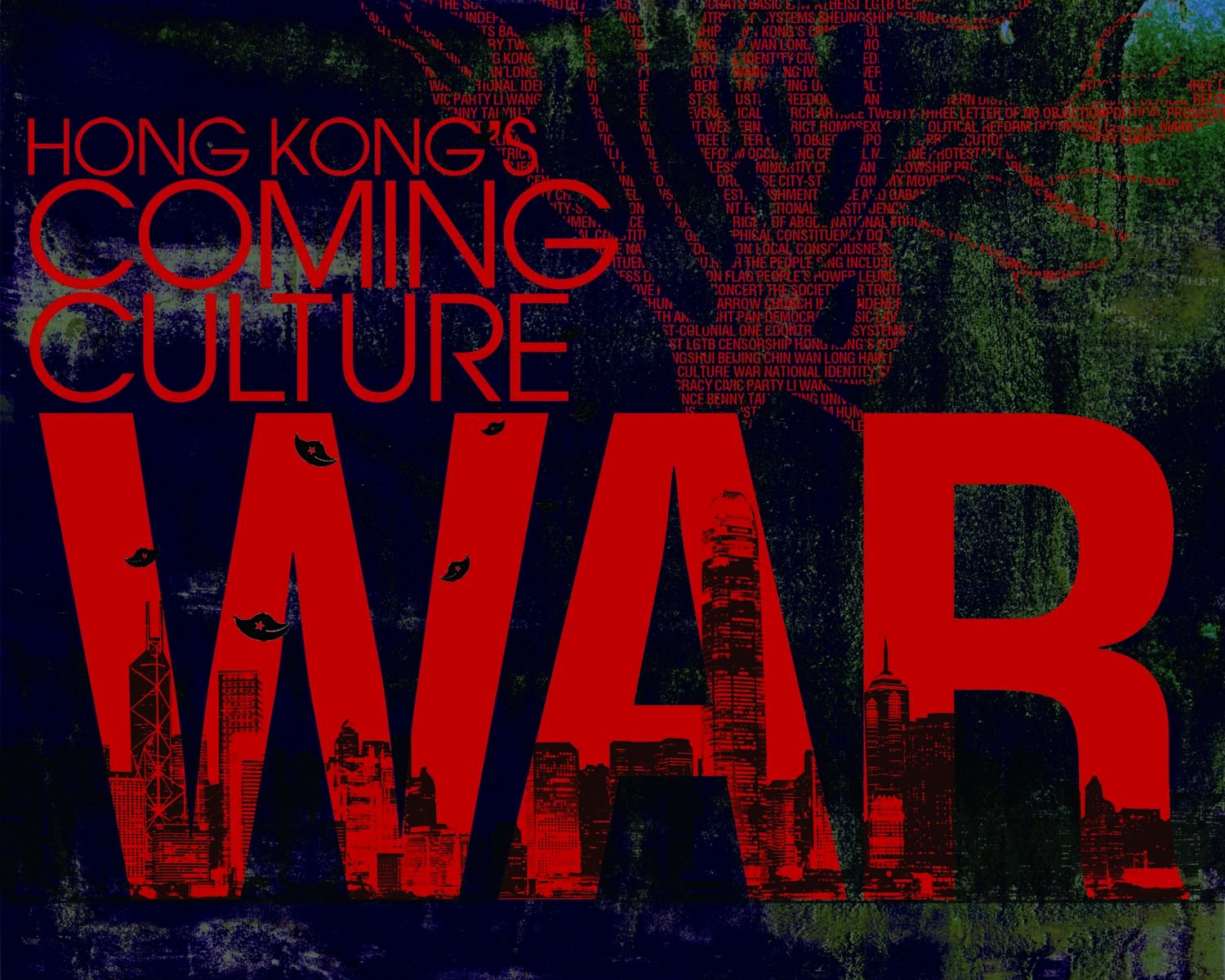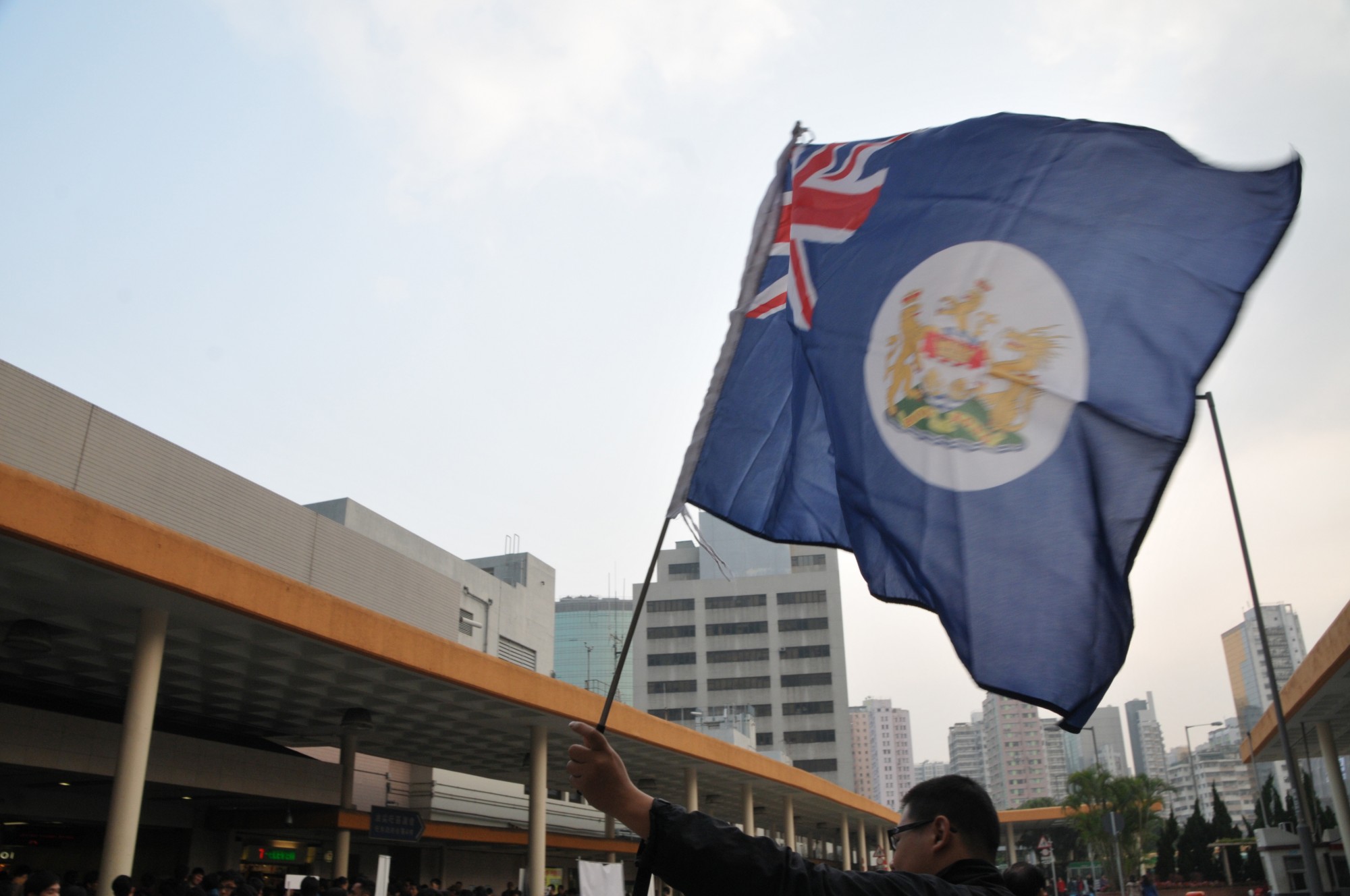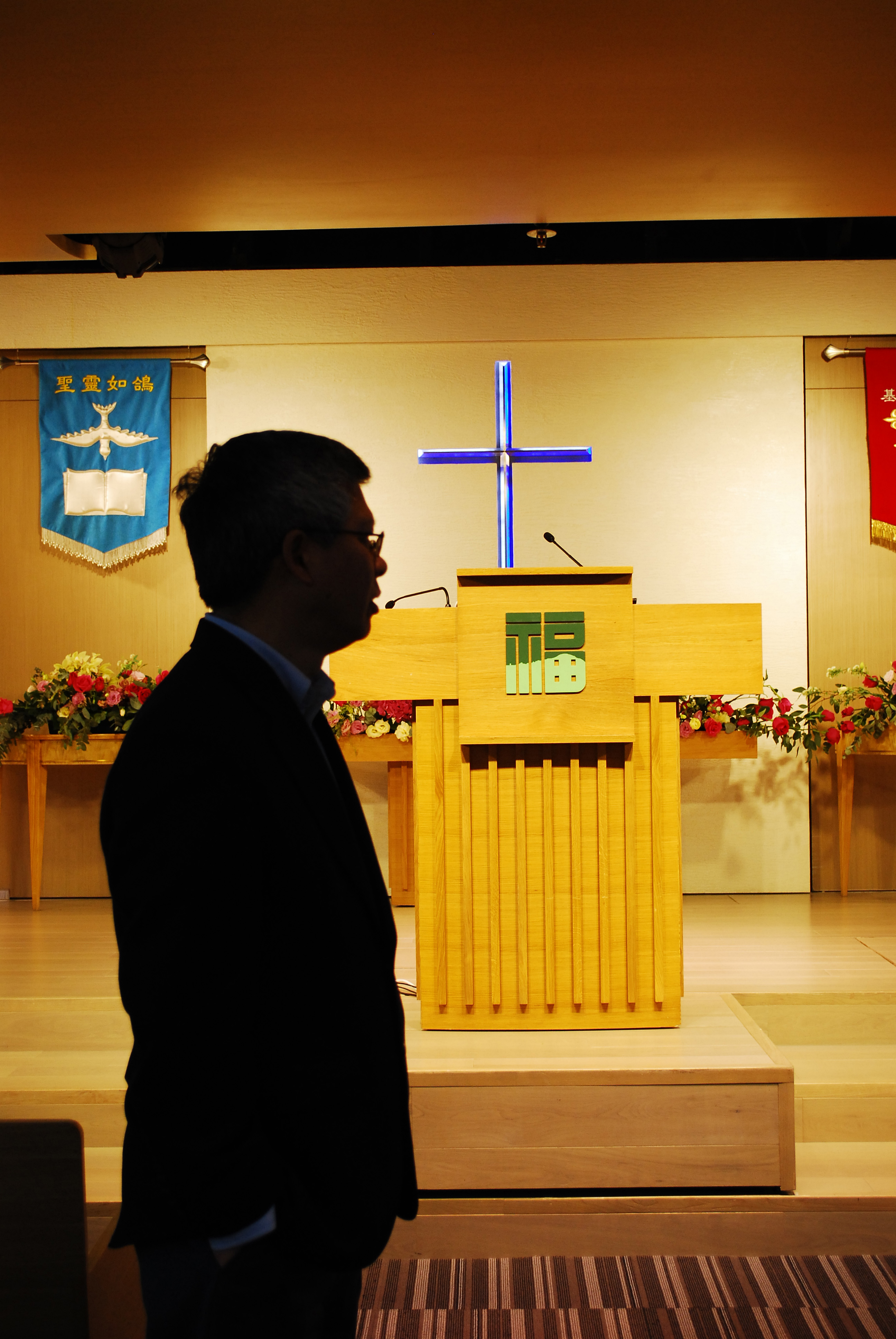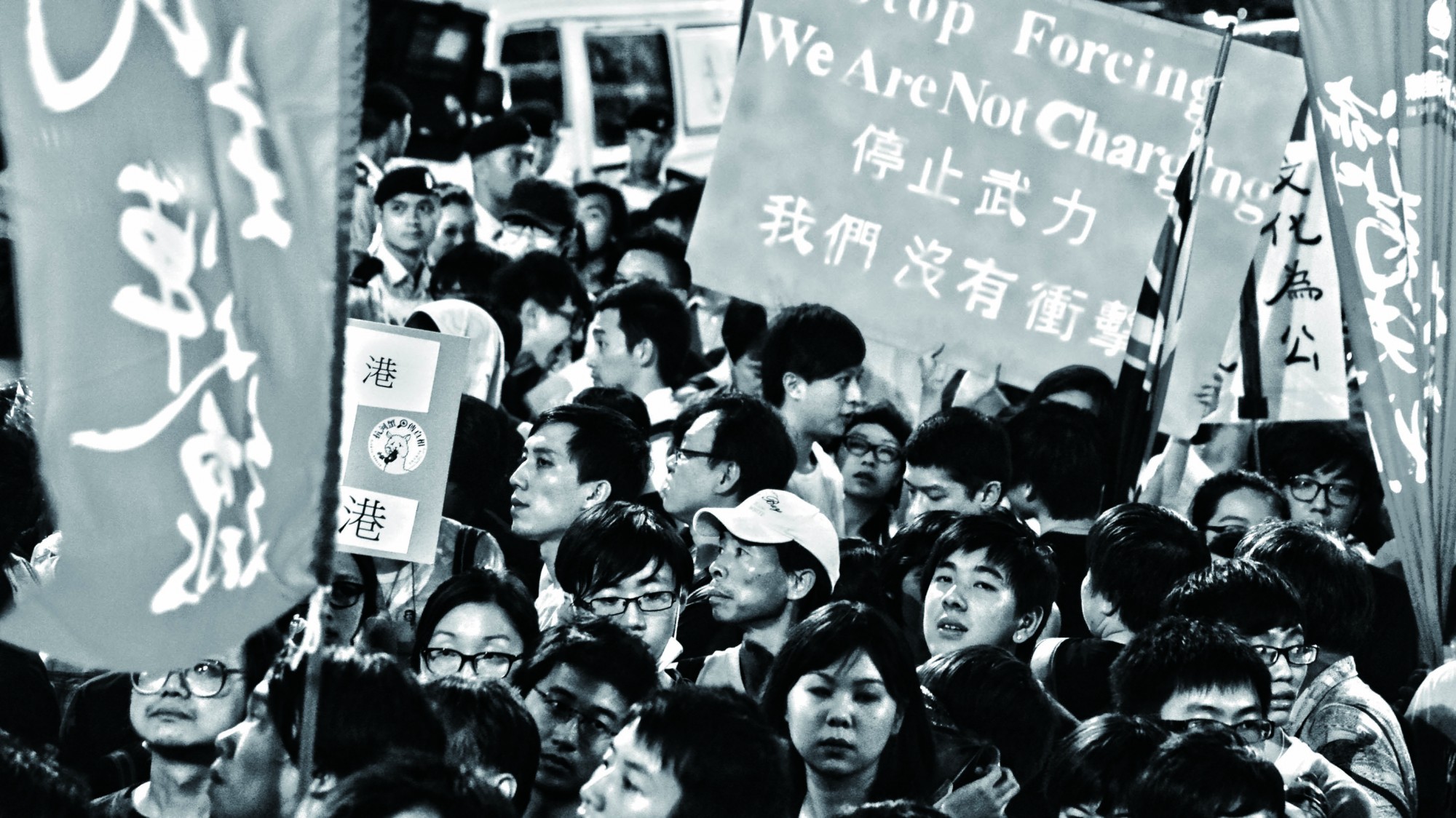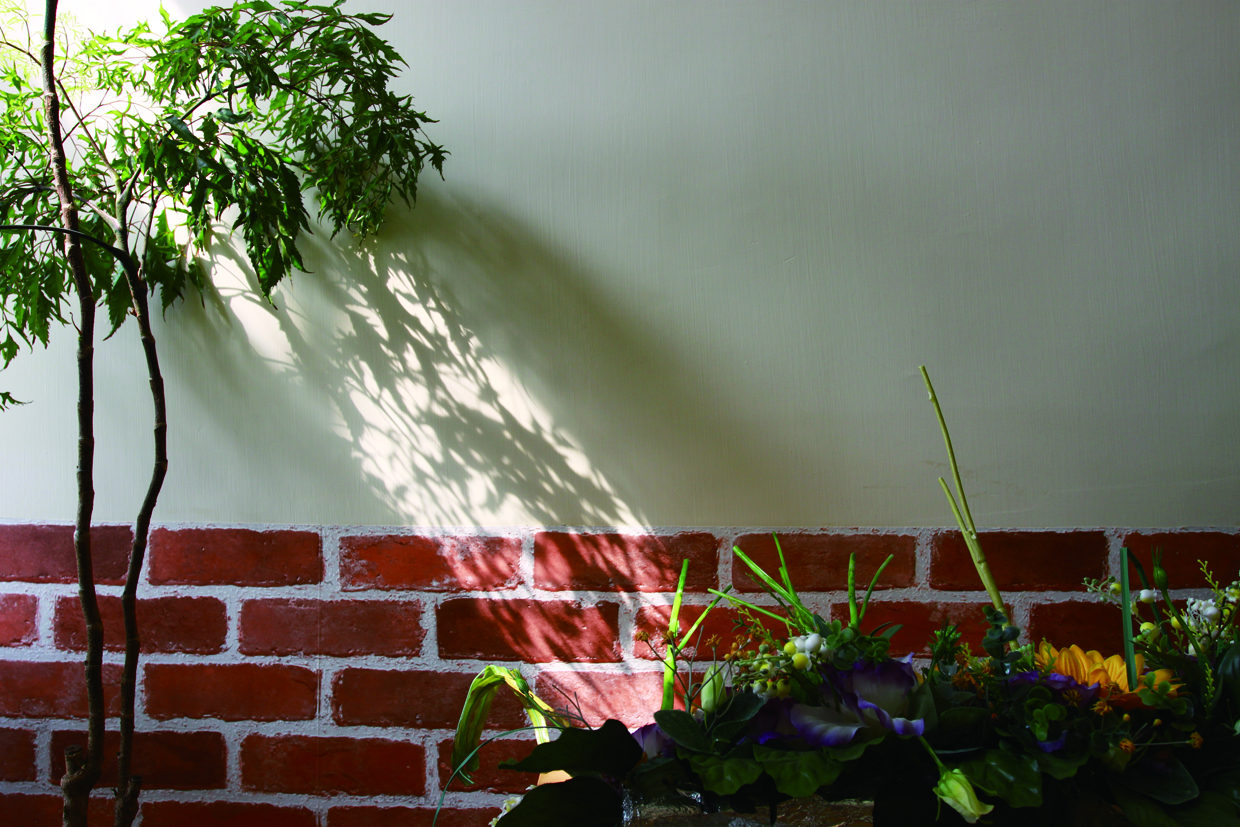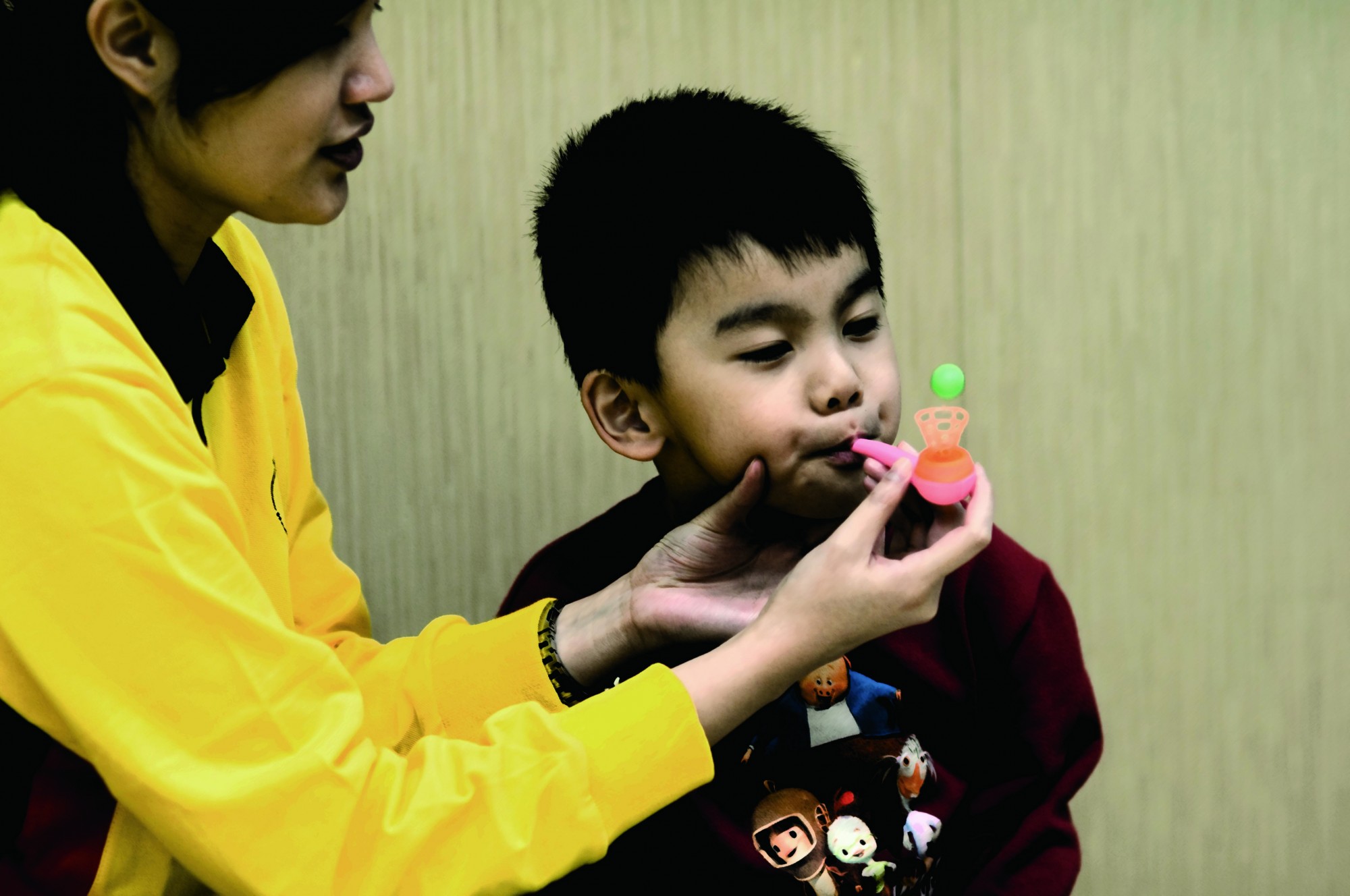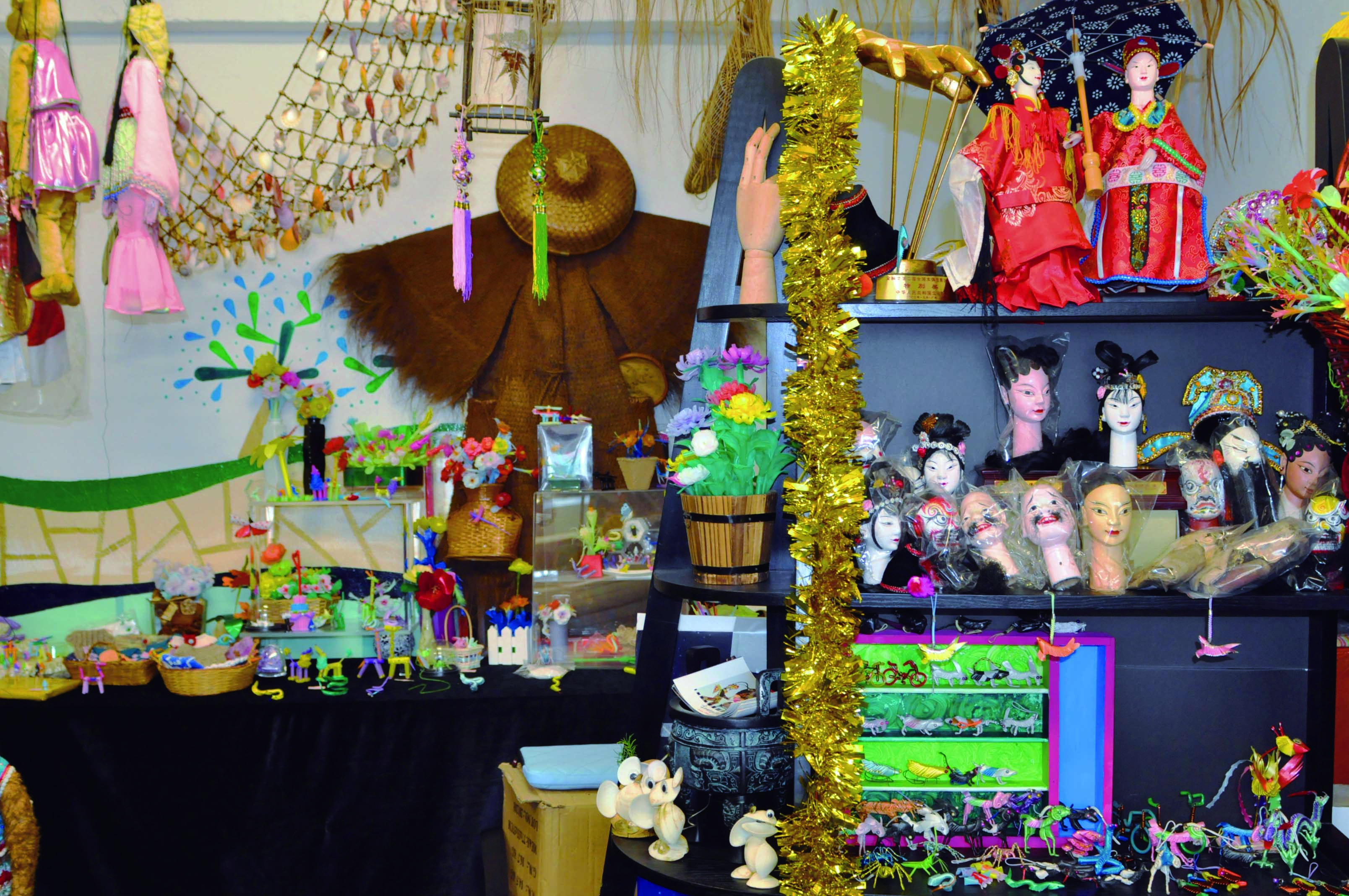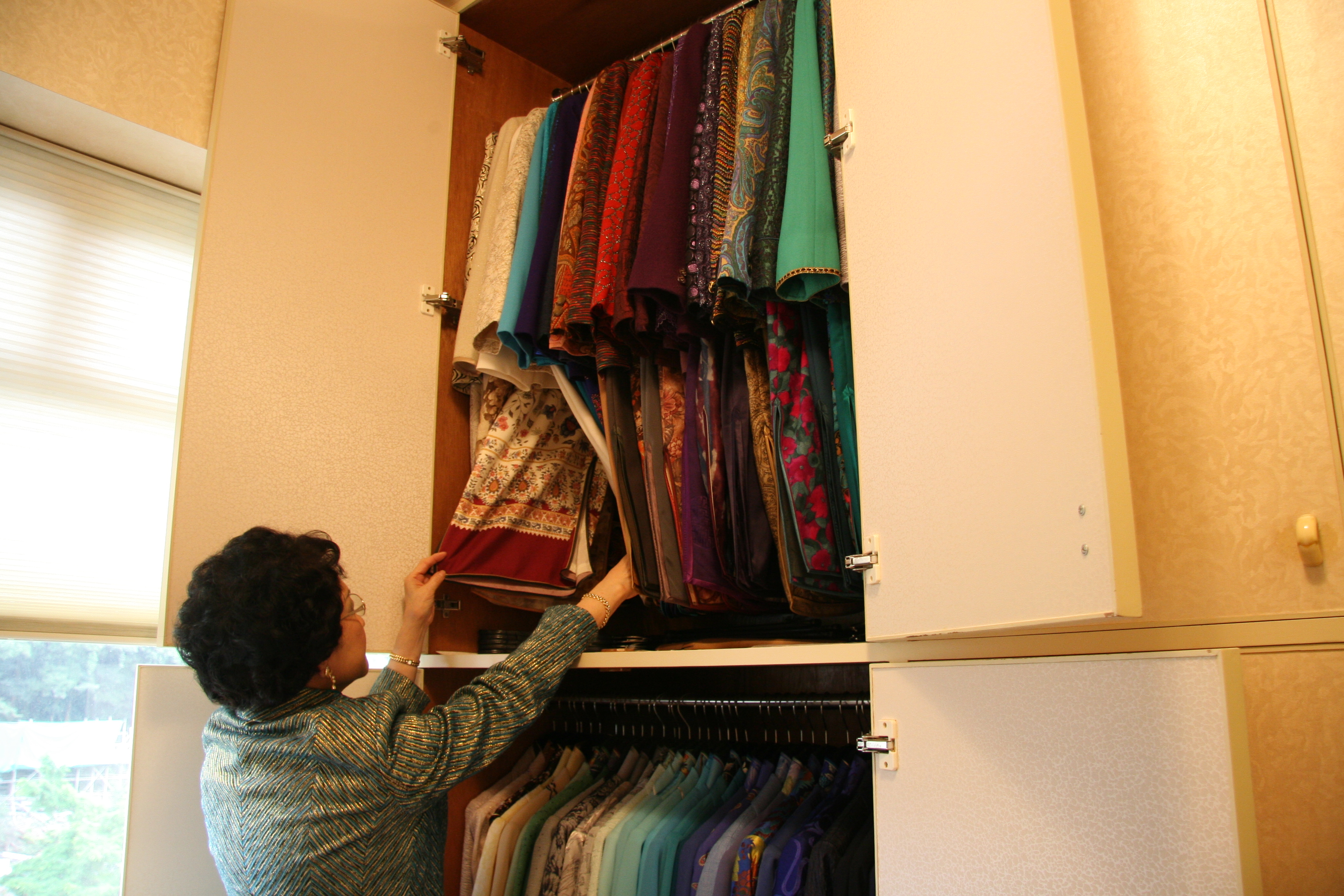Varsity is 20. We are marking the anniversary with a discussion on “20 Years of English Language Media in Hong Kong” on Thurday April 11 at 11:00 am. Registration is open to all. Join us and our distinguished panel to look back on the development of English media and explore future directions.
We also look forward to seeing registered students, alumni, students and guests at the celebration dinner on Friday April 12 from 7.00 pm.

Details are as follows:
Talk
Topic: 20 Years of English Language Media in Hong Kong
Date: 11 April 2013 (Thu)
Time: 11am – 12:45pm (doors open for refreshments at 10:30am)
Venue: Room 312, Humanities Building, New Asia College, The Chinese University of Hong Kong
Speakers: Mr. Stephen Vines, Mr. Frank Proctor, Mr. Mark Tjhung, Mr. Wang Feng, Ms. Joyce Lau
Moderator: Ms. Yuen Chan
-Stephen Vines is a commentator, broadcaster, author and businessman. He was the founding Chief Editor of the Eastern Express newspaper and satirical news magazine Spike.
-Frank Proctor was Newsweek’s general manager for Asia and international circulation director, and publisher of Muse magazine.
– Mark Tjhung is the Editor-in-Chief of the Time Out Hong Kong.
– Wang Feng is the Digital Editor of the South China Morning Post.
– Joyce Lau is the Education Editor at the International Herald Tribune.
Please register online via http://www.com.cuhk.edu.hk/
Live reporting@Apr11:http://varsity.com.cuhk.edu.hk/?p=5022
Celebration Dinner
Date: 12 April 2013 (Fri)
Time: 7:00pm – 10pm
Venue: Function Rooms, 3/F South Tower, YMCA of Hong Kong, 41 Salisbury Road, Tsim Sha Tsui, Kowloon
Menu: Buffet Fee: HK$230 per head (The School will subsidize the remainder.)
Registration for this event is closed
Should you have any questions, please feel free to contact Ms. Emily Owen (email: emilyowen@cuhk.edu.hk, Tel: 3943 7739) or Ms. Winkie Lui (email:winkielui@cuhk.edu.hk, Tel: 3943 5353)





































